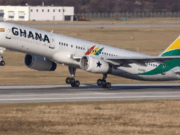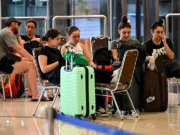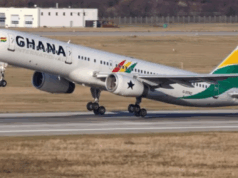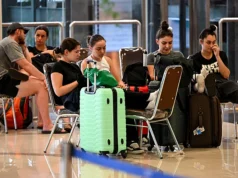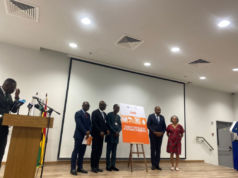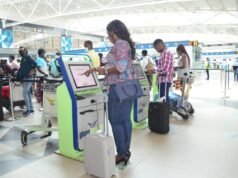South Africa suffers self-inflicted Starlink snub | South Africa is one of half the African countries without an estimated availability date for SpaceX’s fast and uncapped satellite Internet service, Starlink.
Starlink is a satellite internet constellation operated by Starlink Services, a wholly-owned subsidiary of Elon Musk’s SpaceX.
This week, Musk announced that Starlink is now available in 99 countries and is helping to provide access to education and help the economy in these countries.
“Once you have access to the internet, you can access all the world’s information,” Musk said in a speech.
He added that people without access to affordable, fast Internet do not have the same access to education and other resources.
“You can’t access all the information, and you can’t sell the goods and services that you produce,” he said.
“Internet connectivity is certainly a candidate for one of the things that would do more to lift people out of poverty than anything else.”
“This is because they can now sell their goods and services, learn anything, and work better. Without connectivity, they cannot.”
South Africa is one of the countries without official access to Starlink, which hurts the local economy and forces many people in rural areas to resort to slow and expensive alternatives.
We are not alone. When MyBroadband previously assessed launched timeframes for Starlink in African countries in November 2023, seven had officially rolled out the service.
As of mid-May 2024, that number had only increased by one, with Eswatini added in December 2023.
According to Starlink’s coverage map, the number of African countries that have launched or are expected to launch Starlink has dropped from 44 to 27 in the past six months.
In our previous analysis, 36 other countries had received estimated launch dates — all in 2024.
However, the latest Starlink coverage map now only shows 19 countries with expected launch dates.
The other 17 countries now have the same “unknown” dates for expected service availability as South Africa.
Overall, the number of countries in this category now equals those that have launched Starlink or have an estimated launch timeframe.
While the cause of the decline is unknown, one possibility is that getting approval from African communication regulators is proving more difficult than anticipated.
Starlink has had regulatory run-ins with authorities in several countries in recent months.
In Zimbabwe, the Postal and Telecommunications Regulatory Authority of Zimbabwe (Potraz) requested that Starlink block its service pending approval.
Potraz and Zimbabwean police have clamped down on users already accessing the service via roaming.
Actions have included multiple arrests, including the apprehension of a Zimbabwean minister’s son accused of using the service.
Starlink’s launch date in Zimbabwe has also been pushed back from the second to the third quarter of 2024.
The action in Zimbabwe came shortly after Starlink was instructed to do the same by authorities in the Democratic Republic of Congo.
The Botswana Communications Regulatory Authority has also banned Starlink after rejecting its initial application for not containing all the information it required.
South Africa not yet on Starlink’s launch radar
What is noteworthy about these developments is that they occurred in countries where Starlink has initiated regulatory approval processes.
Starlink has not yet applied to the Independent Communications Authority of South Africa (Icasa) for the licences it needs to operate in South Africa.
While the company is yet to confirm as much, this is believed to be due to the country’s ownership rules for telecom licensees.
The Electronic Communications Act requires that licensees are 30% owned by historically disadvantaged groups, including black people, women, youth, and people with disabilities.
Apart from having Elon Musk as its biggest shareholder, SpaceX’s ownership structure is complex and includes multiple investment firms and big corporates that do not track these demographics.
Complicating matters further is that Starlink wants to sell directly to customers and not use local resellers that already have the necessary licences.
Although an official local launch remains on the cards, Starlink’s enterprise head has explained the company prioritises rollouts in countries with less cumbersome criteria.
The table below summarises the expected availability dates for Starlink in 54 African countries. South Africa suffers self-inflicted Starlink snub (Source)
AviationGhana| (Send all enquiries and press releases to AviationGhana.info@gmail.com)


